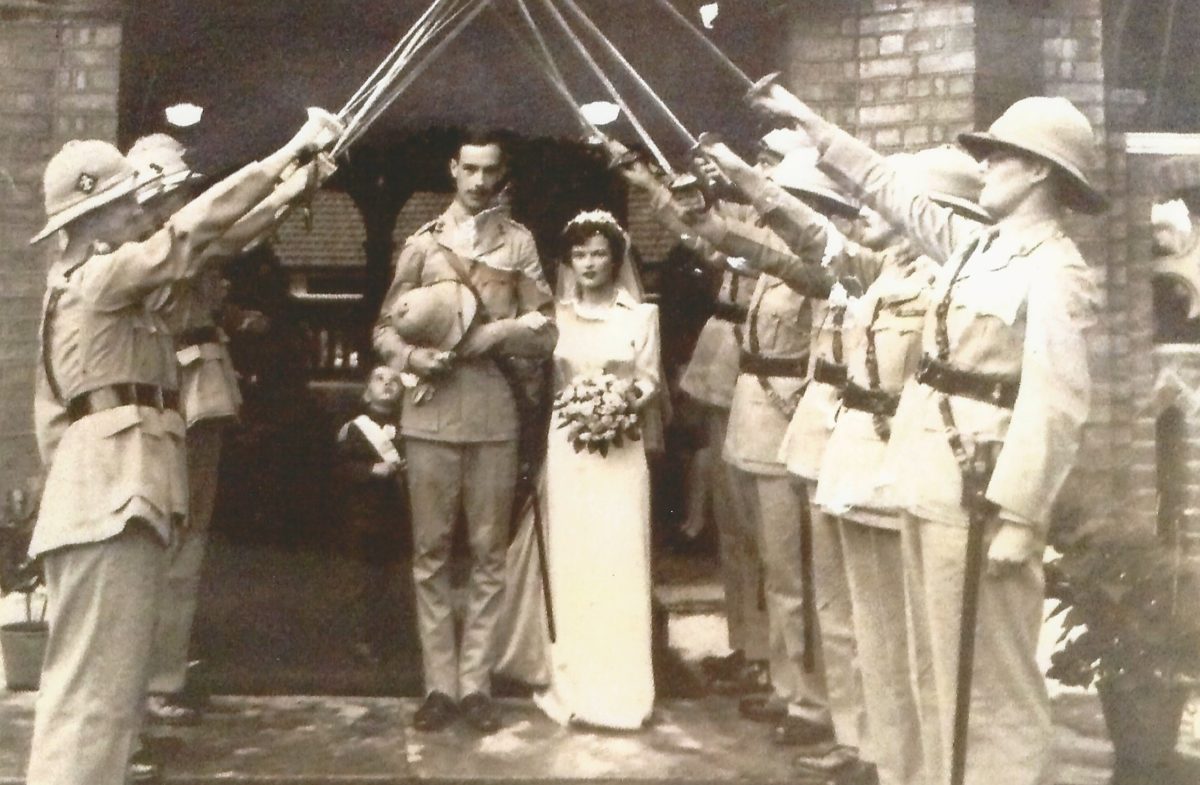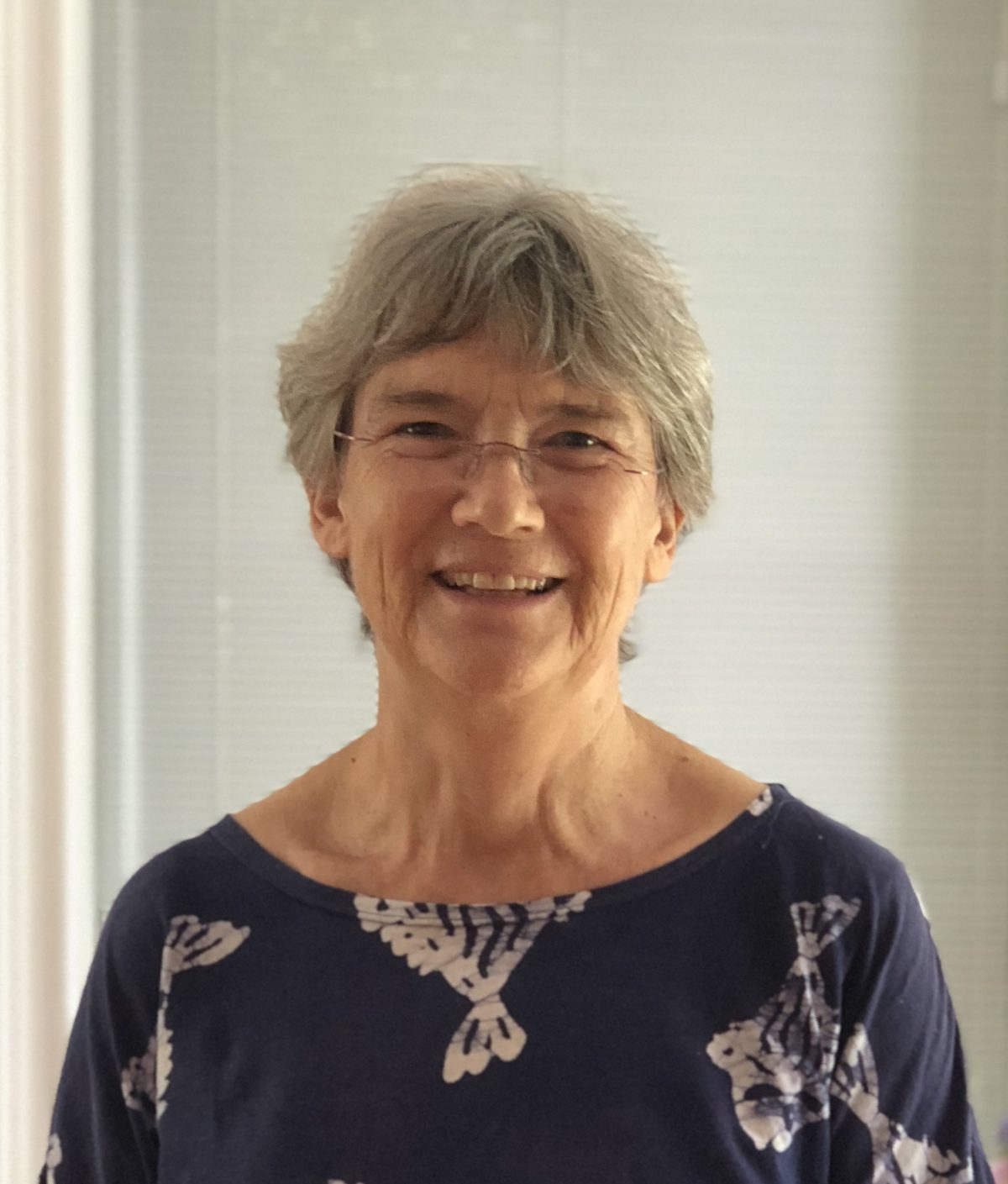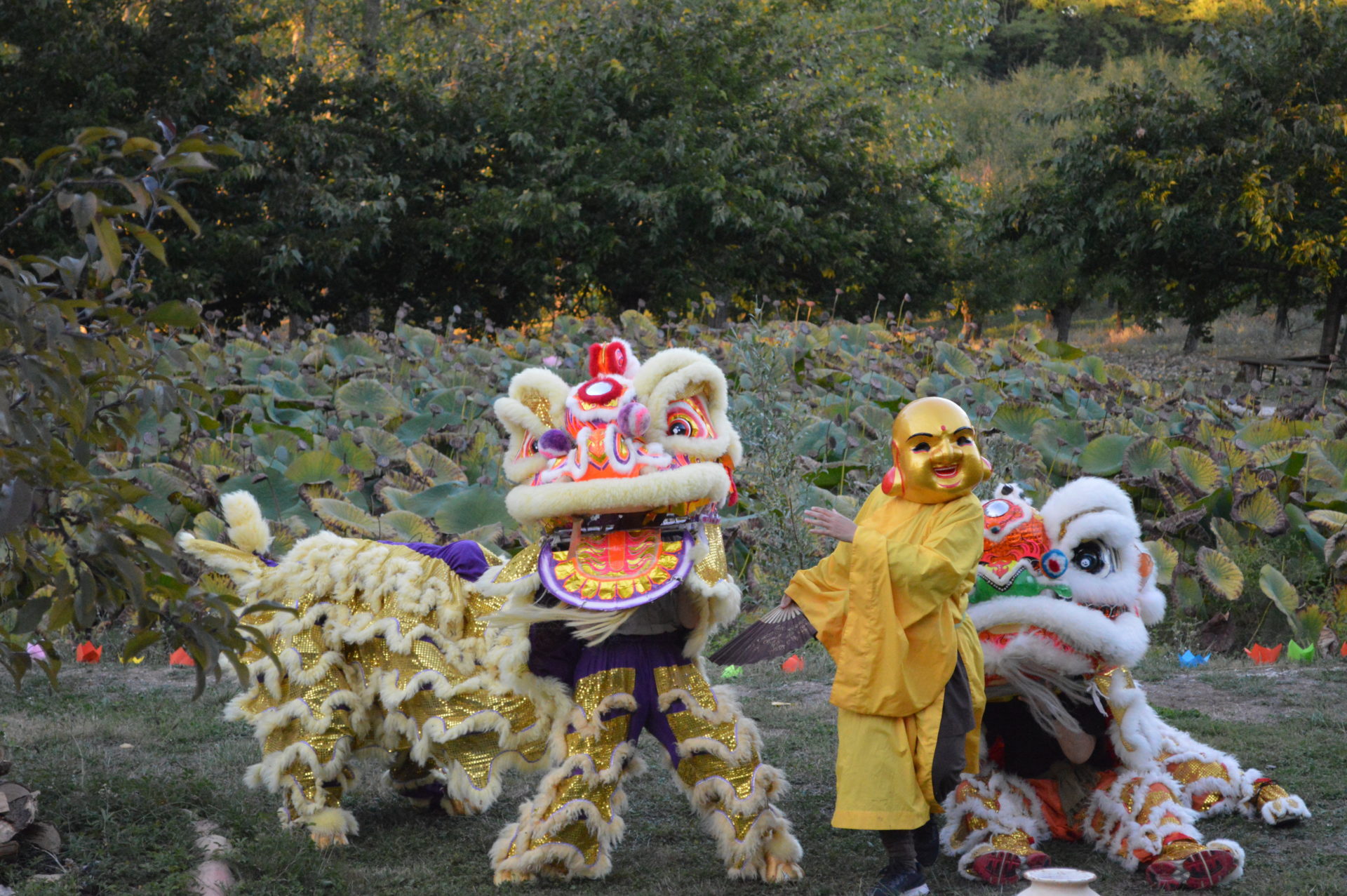By Jill McKay

Several years ago, before a five-day retreat on the topic, “Embracing our Inner Child,” Dharma teacher Anh-Huong invited us to bring a baby picture or the earliest photo of ourselves we could find. During our first family group sharing, we silently passed the photos around. The depth of communication as we studied each photograph and embraced our little brother or sister was palpable.
By Jill McKay

Several years ago, before a five-day retreat on the topic, “Embracing our Inner Child,” Dharma teacher Anh-Huong invited us to bring a baby picture or the earliest photo of ourselves we could find. During our first family group sharing, we silently passed the photos around. The depth of communication as we studied each photograph and embraced our little brother or sister was palpable. There was no need for words. My relationship with these Sangha brothers and sisters was transformed simply by seeing the little child within.
That experience gave me the idea to take photographs of my father with me on a trip to Japan with my Dharma teachers a year later. The Japanese had imprisoned my father during World War II, and he’d suffered from post-traumatic stress disorder for the rest of his life. His wounds became my family’s wounds. His unpredictable rages were triggered by small events or seemingly innocuous conversations. Nothing that had been made in Japan could be brought into the house. In those days, almost everything was made in Japan.
He never spoke directly about the war and only occasionally made oblique references to it. I know very little of what he experienced. On the night he died at the age of sixty-nine, he was delirious. He was back on the prison ship that took him from Singapore to a prison camp in Manchuria. An American plane bombed the ship, and many British soldiers drowned. He was one of the very few who survived.
Before I left for Japan, I chose a few photographs of him as a small boy, a teenager, and later in life with my sister and me after my mother had died. I included the only photograph I have of him as a soldier—a wedding photograph taken days before Singapore fell to the Japanese. I also took one of two letters he sent to my mother from the prison camp after the camp had been liberated by American forces. In the letter, he wrote that they were waiting for a US Navy vessel to transport them home.
Our Dharma teachers held a series of retreats in Japan. The first one was close to the foot of Mount Fuji. A little chapel had a window with a perfect view of the mountain. I took the album into the chapel and opened it so that the photographs faced Mount Fuji. I asked the spirit of Mount Fuji to send healing energy to my father, my mother, my sister, and me.
Later, in Tokyo, we had the privilege of participating in a ceremony at the Meiji Shinto Shrine. I opened the album and requested the Shinto gods to release my father and our family from the suffering of the war, as well as the Japanese guards from their suffering. At the gift shop I purchased an amulet dedicated to healing and wellbeing, which I placed inside the album.
As the days progressed, my bond with our Japanese Sangha brothers and sisters strengthened. I took the album out of my bag and placed it on the floor next to me during our meditations. I offered the energy of transformation and healing to my father and all who suffered from the trauma of war. I was aware that many of those who attended the retreats would have had family members who suffered during the war, like me.
On the last morning at our final retreat center, I sat in front of a very old statue—a Roadside Bodhisattva who watches over travelers. I had brought the letter my father had written to my mother years ago. I placed the letter in front of the bodhisattva and asked her to guide my father and my family on the path to healing and freedom. As I did this, I saw I had come from America to Japan as part of our healing journey, and all those years ago the US Navy had come to free him from prison and bring him home.
Two days after my return home, I dreamt that I helped a prisoner leave prison. It was not clear if he was escaping or if he had been paroled, and I did not want to have him stay in my home for fear that he might harm my family and me. I set out to find a safe place for him to stay. I came to a wasteland area where many homeless men had created shelters. It was dark, ugly, and depressing, and I knew I did not want him to stay there, but I was not sure what to do. Then my father appeared.
He had just purchased a cottage he had almost finished renovating and said the prisoner could live there. My father, sister, and I visited the cottage, and I saw that it was perfect and beautiful. It had large windows overlooking the ocean, and the sun was shining. I felt so happy because I knew this would be the right place for the prisoner to live in safety and freedom.
Since that trip and that dream, I have felt a closeness to and a deep compassion for my father I was not able to allow myself previously. My need to guard myself against him has faded. I find myself wanting to understand more about his early childhood and upbringing. I know none of these changes would have happened without Thay’s teachings to show me the way. The teachers, together with the loving support of my Sangha, provided a cradle for the emotions that arose.
A few years ago, during another five-day retreat back home, we practiced Touching the Earth. As we touched in gratitude to our ancestors, I felt the presence of my father’s father. I had never met him because he died of cancer when my father was fourteen years old (as my mother died of cancer when I was fourteen.) I knew he was a highly decorated general in the British Army. Family friends had told me about his bravery and how he commanded great loyalty from his troops. But my father always described him as a figure of fear—distant, unfeeling, and demanding.
The grandfather in the dream was full of kindness and determination. I felt he believed in me and in my practice. Since that day, his presence has stayed with me—not as vividly as that first time—but he is there. He encourages me to stay the course, not to give into my fears, and to be joyfully diligent in my practice. This experience has been such an unexpected gift for which I am deeply grateful.
Over a year ago, my husband was diagnosed with cancer. Though now he is fully recovered, going through that period was hard. I was aware of how often I escaped into novels and movies to get through the difficult time. A year later, I found myself once more escaping into novels and movies. A Sangha sister had the insight to point out the parallel to the previous year’s activities. She asked if there was a connection. I think there was. What happened a year later to trigger this behavior?
My father’s mother went through a similar but worse experience with cancer. Family friends told me that she spent hours reading novels every afternoon. My memories of her are of someone very loving but guarded in how she expressed her feelings. I found a photograph of her to place on my altar, so that I can practice with her, too. I hope that together she and I can understand deeply the roots of our pulling away from the present moment into the world of fiction. With the support of my teachers, and of Thay and my dear Sangha brothers and sisters, I am confident that in time, my grandmother and I will find a way to healing.

Jill McKay, True Transmission of the Path, lives in Bethesda, Maryland. She practices with the Mindfulness Practice Center of Fairfa

